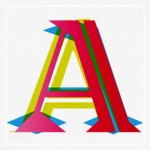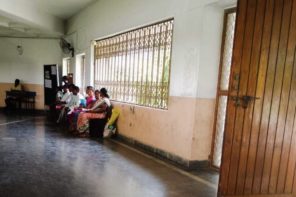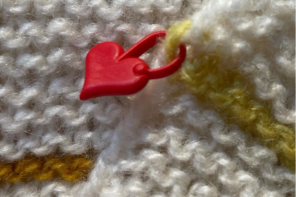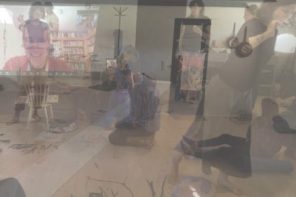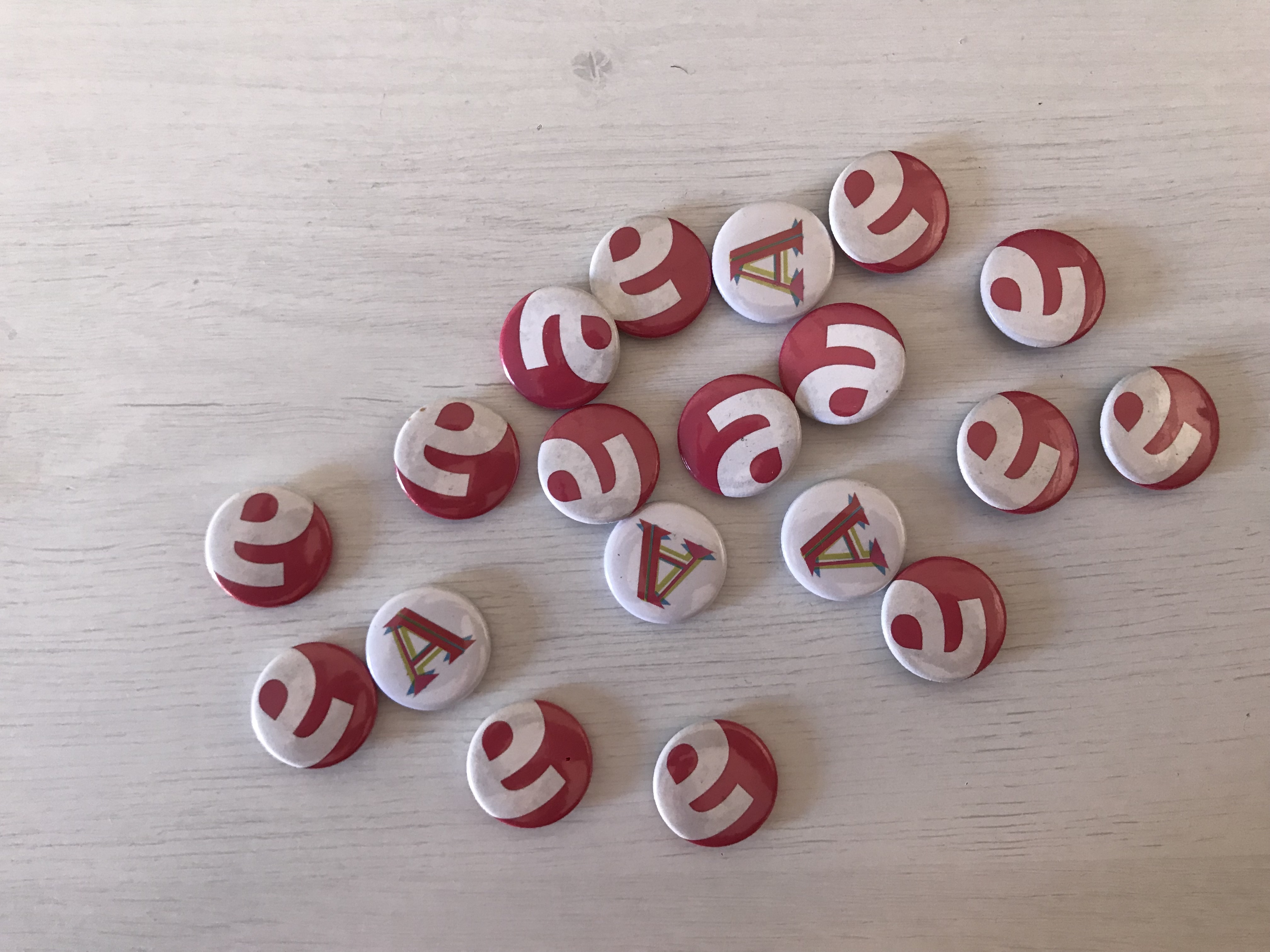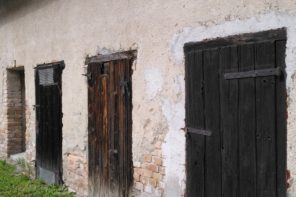Susan Bibler Coutin is the president of the Association of Political and Legal Anthropology. A few weeks before the annual meeting of the AAA in Chicago, Allegra sat with her for a (virtual) chat.
A: Dear Susan, It’s great to have you onboard Allegra as a contributor! Before we get going with our discussion, could you introduce yourself in just a few words to anyone who might not yet be familiar with your work & engagement with legal anthropology?
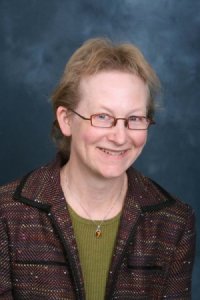
My research has examined social, political, and legal activism surrounding immigration issues, particularly immigration from El Salvador to the United States. I am currently working a book manuscript that examines the experiences of 1.5 generation migrants, that is, individuals who were born in El Salvador but raised in the United States. Based on interviews with 1.5 generation Salvadorans in Southern California and in El Salvador, this book explores the power and limitations of nation-based categories of membership. With Justin Richland (UCI and University of Chicago) I am also conducting NSF-funded research regarding archival practices in immigrant and indigenous advocacy. This project examines how the production, retrieval, and circulation of records and files figures in Central and Native Americans’ efforts to secure recognition, whether as immigrants or in the form of tribal status, and thus seeks to make visible the regulatory practices that shape the lives of some of the U.S.’s most exceptional, and thereby vulnerable, populations.
A: Clearly there is something ‘in the air’ at the present moment as the launching of Allegra coincided almost exactly with the call by APLA for new experiments in publishing formats in the field of legal anthropology!
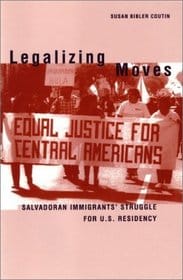
A: Why do you see that there is a need for such experiments in specific? What kind of hopes do you invest in an experiment such as Allegra?
S: There is a great need for political and legal anthropologists to disseminate their work in multiple formats, including those that reach the broader public. Political and legal anthropologists have considerable expertise regarding a range of issues – human rights, political violence, legal technologies, financial forms, to name just a few – that are in the news every day, and we can contribute our expertise to deepening public understandings of these issues. But only if we put our work in a format that the public is likely to read. The 2012 APLA business meeting therefore featured a conversation with Catherine Besteman and Hugh Gusterson on the topic of public engagement. In 2013, we will be hosting a workshop on genres of public writing as well as a conversation about expanding anthropology’s reach. The Allegra experiment is very consistent with these initiatives, and so we are pleased to be involved.
A: To us Allegra is linked to certain changes we see, not only in scholarly publishing, but also a certain transformation in our joint understanding of ‘knowledge’ from a pre-defined, static entity into a more collaborative, fluid process. Do you see such a transformation process as ongoing, and if so, what kind of outcomes do you see it as holding for both scholarly work and publishing more generally?
S: I guess that I’ve always seen “knowledge” as fluid and collaborative. For example, my approach to teaching is to mutually explore a topic along with my students. Likewise, any given publication is the best analysis that the author can provide at that point in time, in conversation with existing and previously published work, and in anticipation of future directions. What is true, however, is that we can make more of these conversations transparent, for example with retrospective author interviews regarding their previously published work, or by including summaries of “author-meets-readers” sessions (or even creating such sessions “virtually.”)
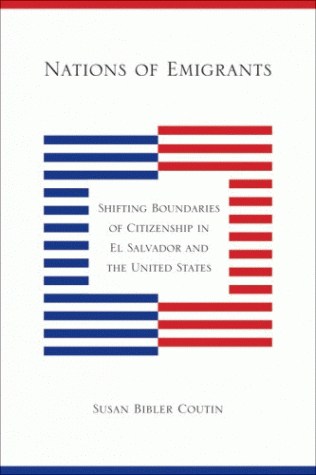
S: I think I’ve just given examples: virtual author-meets-readers sessions, retrospective interviews with authors, blogs, discussions of things that students need to know how to do (such as grant-writing), bibliographies, reviews, commentaries.
A: AND – on the other hand – given that Allegra was created with the view to open a space deprived of some of the formal constraints of academic journals, this could also end up being its downside. In other words, this freedom could turn this experiment into an inaudible hubbub. What would you recommend to avoid such a pitfall?
S: That indeed is the challenge. As the information available to readers and interlocutors expands, it is difficult to wade through. Searchable threads might be a good idea.
A: In the current dire professional circumstances with bad news coming from all fronts – the instability of academic positions and the increased pressures for scholarship to yield to ‘extra-academic’ pressures such as policy oriented ‘relevance’ – what kind of a message would you want to send to aspiring scholars on how to keep their spirits high & why to choose scholarship as their path in life?
S: Scholarship takes many forms and is not limited to academia. Anthropologists can be ethnographers of institutional cultures, organizational settings, and the surrounding contexts in which they are situated, wherever they are placed. Writing also takes multiple forms, not only scholarly monographs and journal articles, but also reports, memos, blogs, records, letters, op-eds, proposals, forms and many other types of documents, whether virtual or concrete. The records that anthropologists create will be valuable, wherever they are housed and disseminated.
Warm thanks for your engagement – and we look forward to many more discussions in our joint experiment!



